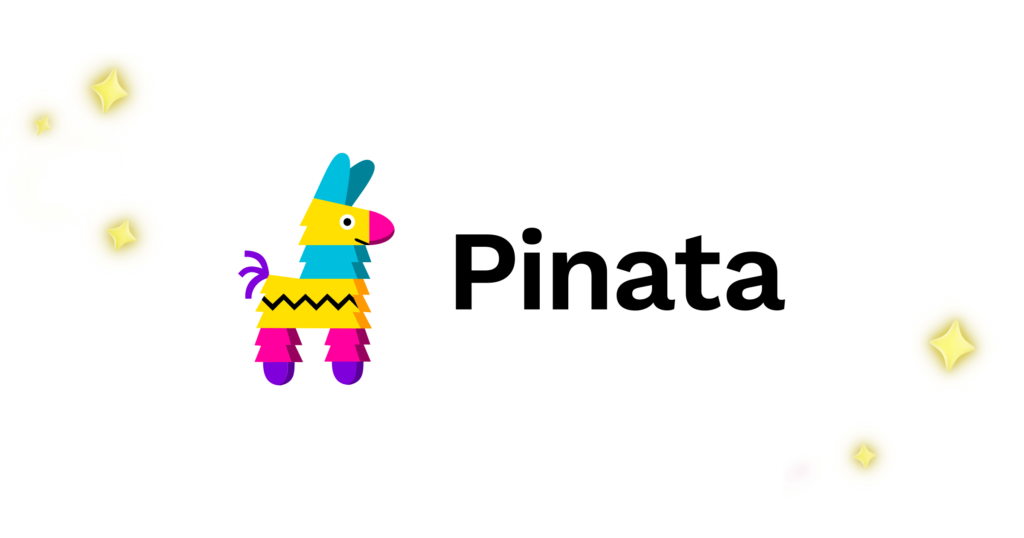The InterPlanetary File System (IPFS) is a decentralized peer-to-peer file storage and sharing protocol. Instead of relying on centralized server clusters, IPFS allows computer nodes across the world to store files. Consequently, it can form the decentralized storage basis for web3.
Content instead of locations, hashes instead of URLs
The web as we know it runs on a protocol known as HTTP. It works on a request-response basis. You enter a website address (URL) into your browser, which requests the content to the hosting server. The server then turns the webpage back to the browser. In other words, HTTP retrieves data from one location. Hence, with web2, we rely on centralized servers owned by a handful of entities.
Instead of locations, IPFS links you directly to the content stored on many nodes around the globe. It uses distributed hash tables (DHT) to discover the nodes hosting the matching content. DHT is a database that stores who has what data.
Noteworthy crypto projects that use IPFS
IPFS doesn’t run on the blockchain itself. It is ideal for applications where data storage must be fully transparent and verifiable, but the data is too large to store on the blockchain.
Many crypto developers make use of it, including Protocol Labs, the company that built IPFS.
Filecoin: decentralized storage network
For IPFS to work efficiently, there must be enough participating nodes. If there’s only a handful of nodes and they all go offline, the data becomes inaccessible. One way to cope with this issue is to design effective incentive programs for the network participants.
Filecoin, a decentralized storage network developed by Protocol Labs, incentives storage providers with FIL cryptocurrency rewards. In the Filecoin economy, storage providers have two ways of earning revenue. First, all participants can earn fees when end users are charged for the storage. This path is open to all nodes that meet the hardware requirements of the network. Second, those who can participate as consensus nodes have a chance to receive block rewards.
These built-in economics ensure files are stored reliably over a long time.
Pinata: NFT media management service
Pinata allows developers to build web3 apps to host, manage and share files without having to develop their own IPFS nodes. Content creators can host their content in a decentralized manner without dealing with technical difficulties.
Pinata can be used for various applications. For instance, using the Submarining feature, it’s possible to create unlockable content within NFTs. This way, you can control who views your NFTs to reduce the risk of stolen content. Submarining also allows for the creation of token-gated media platforms.

Another feature is the dedicated gateway which links IPFS to regular HTTP webpages and, as a result, accelerates the delivery of the content. One use case is enabling fast streaming of videos.
Other Pinata tools include resizing images and reformatting videos for web3 optimization, creating short links, and rich social media previews for NFTs.
Morpheus.network: supply chain SAAS platform
International customs authorities have strict regulations for the shipment of goods across borders. Every shipment must, for example, include a tamper-proof invoice and tax documentation.
Using a private network of IPFS storage nodes, Morpheus.network ascertains documents used in shipping are always verified. It further guarantees that all parties involved in the shipment reach these data consistently.
The blockchain supply chain solution manages these activities by integrating an IPFS document management system. For every shipment, it creates Digital Footprints, clickable timelines showing that particular shipment’s progress, and linked documentation.
Snapshot: auditable voting tool
The top tool DAOs use for community voting, Snapshot, leverages IPFS to make the voting process fully transparent. For this purpose, it adds every vote, proposal, and user action to IPFS.
As with other IPFS applications, the result is the ability to store auditable data without relying on single centralized cloud storage platforms.
Author

Nagi An is a content writer who is passionate about NFTs, web3, DAOs, and DeFi. She's covers a variety of topics about NFT fundamentals.




